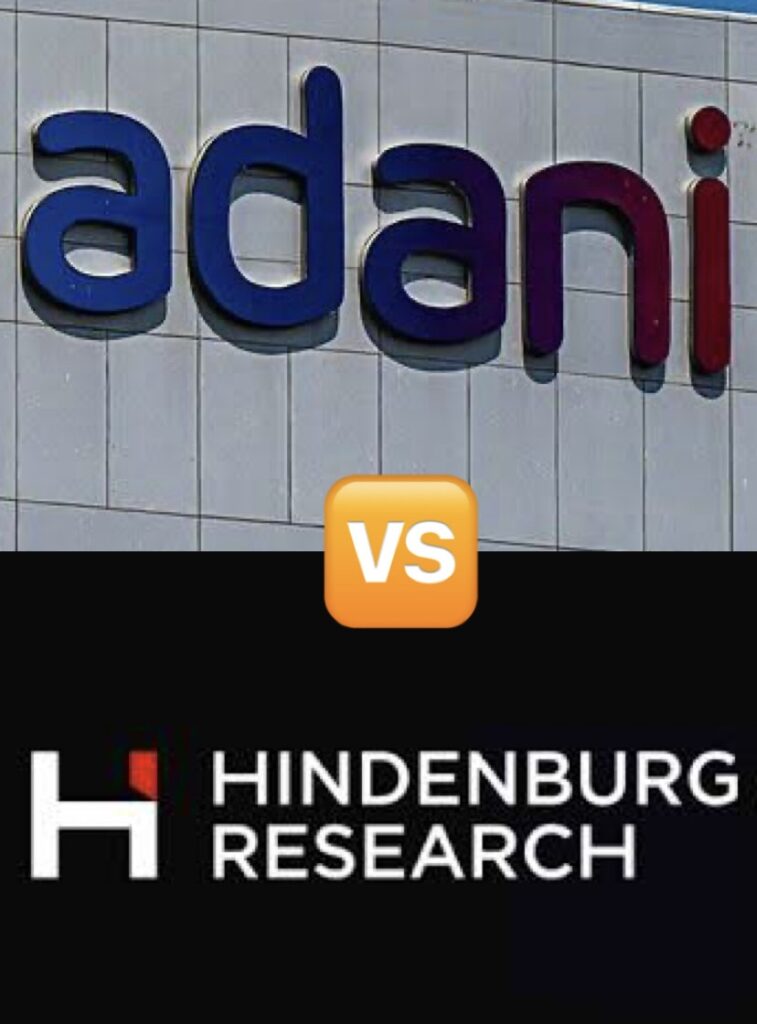Vidushi Vats
In a pivotal decision, the Supreme Court has declined the transfer of the Adani-Hindenburg probe from SEBI (Securities and Exchange Board of India) to SIT (Special Investigation Team). The court asserted that SEBI’s investigative diligence has not been indifferent, providing a major reprieve for both SEBI and the Adani Group.
The apex court, in its Wednesday verdict, dismissed the formation of an SIT to investigate allegations against the Adani Group. It emphasized the confidence in SEBI’s ongoing investigation, stating there is no substantial ground to question its credibility. The court maintained its stance on not intervening in the regulatory domain, highlighting that reports like Hindenburg’s cannot be the basis for a separate probe.
SEBI has been directed to conclude its investigation within three months, emphasizing adherence to legal procedures. The court underscored the limited power of the apex court to intrude into SEBI’s regulatory framework and rejected calls to revoke SEBI’s amendments on FPI and LODR regulations.
The verdict emphasized that reliance on reports from third-party organizations, like OCCPR, without proper verification, cannot be considered conclusive evidence. The court cautioned against questioning the statutory regulator based solely on media reports, advocating for such inputs to be treated as informative rather than conclusive evidence.
Background of the SEBI-Adani-Hindenburg Case:
The case originated with petitioners alleging that SEBI, investigating charges against the Adani Group, shielded regulatory contraventions and market manipulations. In response, the Supreme Court directed SEBI to conduct an independent investigation, appointing a committee of experts led by former SC judge Justice AM Sapre.
A bench comprising Chief Justice DY Chandrachud, Justice JB Pardiwala, and Justice Manoj Misra delivered the judgment on four petitions filed by lawyers Vishal Tiwari, ML Sharma, and Congress leaders Jaya Thakur and Anamika Jaiswal.
During the hearings, Solicitor General Tushar Mehta, representing SEBI, highlighted concerns about planting stories outside India to influence domestic policies, addressing a growing tendency in such practices.
Hindenburg Research had levied allegations against the Adani Group, accusing it of fraudulent transactions and share-price manipulation, which the group vehemently denied. The Supreme Court’s recent verdict reinforces SEBI’s authority in the ongoing investigation, bringing clarity to a case that has garnered significant attention.

